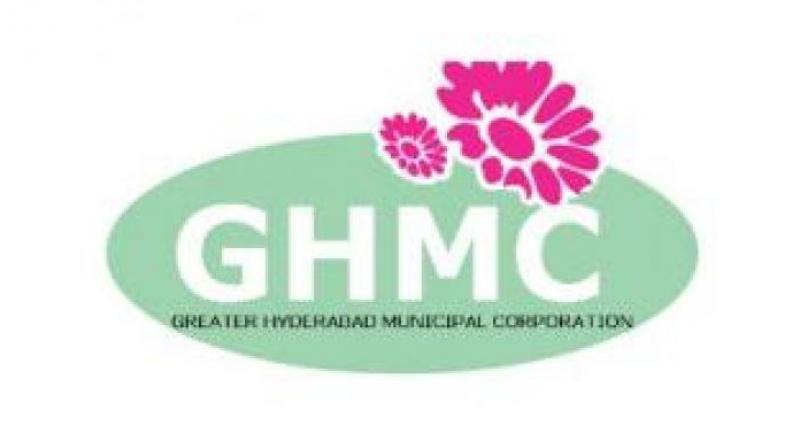Unscientific methods make Hyderabad roads bumpy

Hyderabad: The city has most unscientific roads, claimed an expert. Recarpeting roads only increases the thickness and does not improve its strength. The Greater Hyderabad Municipal Corporation (GHMC) has been spending Rs 250 crore annually on roads. However, their condition would not change until scientific methods like restructuring, recycling and recarpeting are put to use. The current roads cause vibrations and pose a threat to the commuters.
Prof K.M. Lakshman Rao, head (civil engineering) and director of Centre of Excellence on Disaster Management, JNTUH College of Engineering, Hyderabad, said that the civic body has different motives in road repairing. He said that the corporation has been adopting unscientific methods that benefit contractors. He added that road recycling would be suitable for city roads. “The civic authorities have been recarpeting roads laid 15 years ago. The core strength of the road, which is called interlocking of aggregation and segregation, is damaged due to the load of vehicles,” he said.
Lakshman Rao pointed out that engineers across the world would be milling the roads and putting separate layers every five years. He suggested that the corporation should make the contractor accountable under defective liability, where riding quality should be 25 mm per kilometre. He said that if this is not the case, the roads will get frequently damaged.
Explaining the thickness of the roads, JNTU expert said that road thickness should vary from 280 mm to 450 mm but few stretches, including the Raj Bhavan, have a thickness of 900 mm due to unscientific recarpeting. Lakshman Rao also said that unscientific roads cause health problems. He said that the annual budget on road maintenance will be enough to switch over to scientific methods. The thickness issue was even raised at the GHMC council meeting where Mohammad Ziauddin, chief engineer (maintenance), admitted that recarpeting has been done unscientifically at different stretches.

